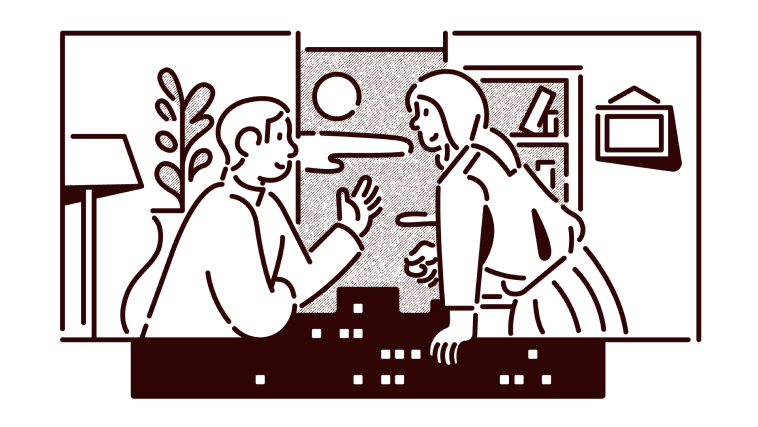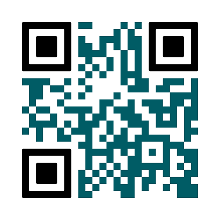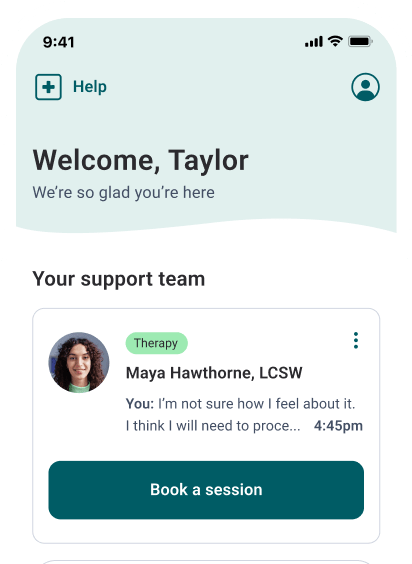DialecticalbehavioraltherapywithTalkspaceonline therapy
Identify and change negative emotions and thought processes with the help of a Talkspace DBT therapist. Explore our online DBT therapy options and get the treatment you need.

Here's how it works

Check insurance coverage
See what you can save through your insurance plan.

Personalized match
Answer a few questions online and we'll match you with a licensed provider.

Start therapy
Communicate with your therapist through live sessions, messaging, or both.
Benefits of Talkspace

Eliminate commute time and scheduling hassles

No search for a therapist or long wait for an appointment

Seamlessly switch providers, at no extra cost

Receive affordable, high-quality mental health care
What dialectical behavioral therapy offers




More than 60,000
5-star reviews
Read why people love using Talkspace.
See all reviews

Ozzie

Dori

Samantha

Hari

Fatima

Diana

Melissa

Evert

April

Corisha
Any questions?
Find trust-worthy answers on all things mental health at Talkspace.

What is dialectical behavior therapy used for?
Dialectical behavior therapy (DBT) is a type of therapy that’s used to help identify and rethink negative emotional and thought patterns by using mindfulness and emotional regulation. In-person and online DBT treatment rely on the psychosocial aspects of talk therapy to promote acceptance and positive change. Through skills training, DBT therapy is designed to help those dealing with severe emotions, such as those who live with borderline personality disorder (BPD), bipolar disorder, or post-traumatic stress disorder (PTSD).
What are the four skills taught in DBT?
DBT teaches four essential skills to individuals seeking to develop better mental health and manage strong emotions: mindfulness, distress tolerance, emotional regulation, and interpersonal effectiveness. These skills provide individuals with strategies to be mindful in the moment, better tolerate distressing experiences to avoid harmful behaviors, effectively manage and regulate emotions, and learn how to effectively communicate with others.
Can DBT be done virtually online?
Dialectical behavior therapy and its techniques, such as mindfulness and identifying emotional patterns, can be done in online DBT therapy sessions from the comfort of your home through Talkspace live video or audio sessions and text therapy. In fact, online therapy is as effective as in-person therapy, and it’s oftentimes a more convenient and affordable way to receive mental health support.
What is the difference between CBT and DBT?
CBT focuses on the thought processes behind behavior and emotions, while DBT uses CBT techniques to develop new, healthier coping skills. CBT is based on changing problematic thoughts, feelings and behaviors, while DBT emphasizes mindfulness and balance. While both can be incredibly effective, learn more about DBT vs. CBT to see what’s right for you.
What are the types of DBT?
There are two primary types of DBT: individual treatment and skills group. Individual therapy consists of one-on-one sessions with a licensed therapist and helps ensure that specific needs are being met over a set period of time. A therapist will help a patient stay motivated, apply DBT skills to situations happening in their daily life, and address issues that arise over the course of treatment. Skills group treatment participants learn and practice skills alongside others who face similar challenges. DBT groups are led by a trained DBT therapist who teaches skills, leads exercises, and assigns homework such as practicing mindfulness. Regardless of whether treatment is done one-on-one or in a DBT group, DBT therapy follows a consistent approach. Therapists focus first on the most self-destructive behaviors while gradually addressing quality-of-life skills such as emotional regulation, distress tolerance, and interpersonal effectiveness.
What is the 24 hour rule in DBT therapy?
The 24 hour rule in DBT therapy is a strategy used to help an individual reduce reactivity to an emotional trigger. This involves allowing 24 hours to pass before responding to the situation or other person in order to take a step back, gain perspective, and decide how best to approach the situation.
Is dialectical behavioral therapy effective?
Research shows this form of therapy can successfully treat people experiencing depression, bulimia, binge-eating, bipolar disorder, borderline personality disorder and post-traumatic stress disorder. The American Psychiatric Association endorses DBT as an effective treatment method, with those who seek treatment experiencing the following improvements: less anger, improved social functioning, less frequent and less severe suicidal behavior, and shorter hospitalizations.
How long does it take for DBT to work?
The effects of DBT will vary depending on the individual and their mental health condition, but it typically takes 6 to 12 months of active participation in order to see significant progress and improved symptoms. A strong commitment to individual therapy sessions and/or group therapy is required to successfully see the effectiveness of DBT.
Does insurance cover dialectical behavior therapy?
If your insurance plan covers behavior therapy, it will likely cover dialectical behavior therapy at Talkspace. More and more insurance plans are covering therapy or counseling, so check with your insurance company to confirm your coverage details for online dialectical behavior therapy. Even if you don’t have a health insurance plan that covers mental health services, Talkspace is still more affordable than most co-pays for in-person therapy. Learn more about insurance coverage for dialectical behavior therapy at Talkspace.
Does Talkspace offer dialectical behavior therapy?
Yes, Talkspace does offer dialectical behavior therapy. Different therapists will have a variety of specializations in therapy approaches. Find a therapist at Talkspace that offers dialectical behavior therapy through the matching process.












